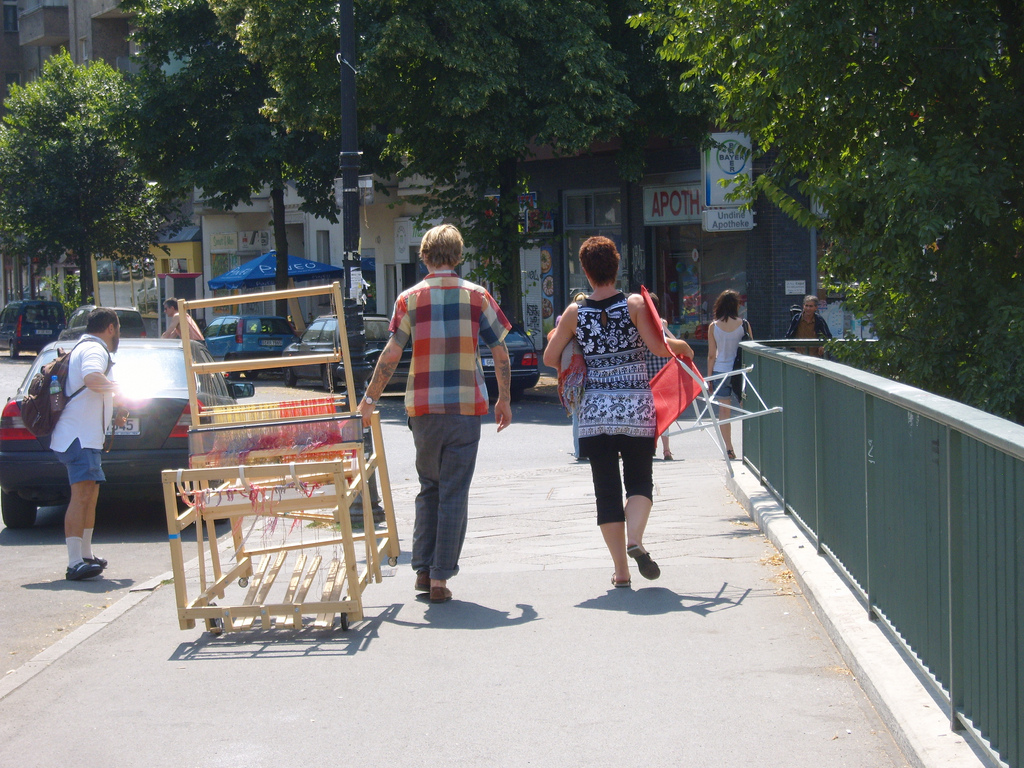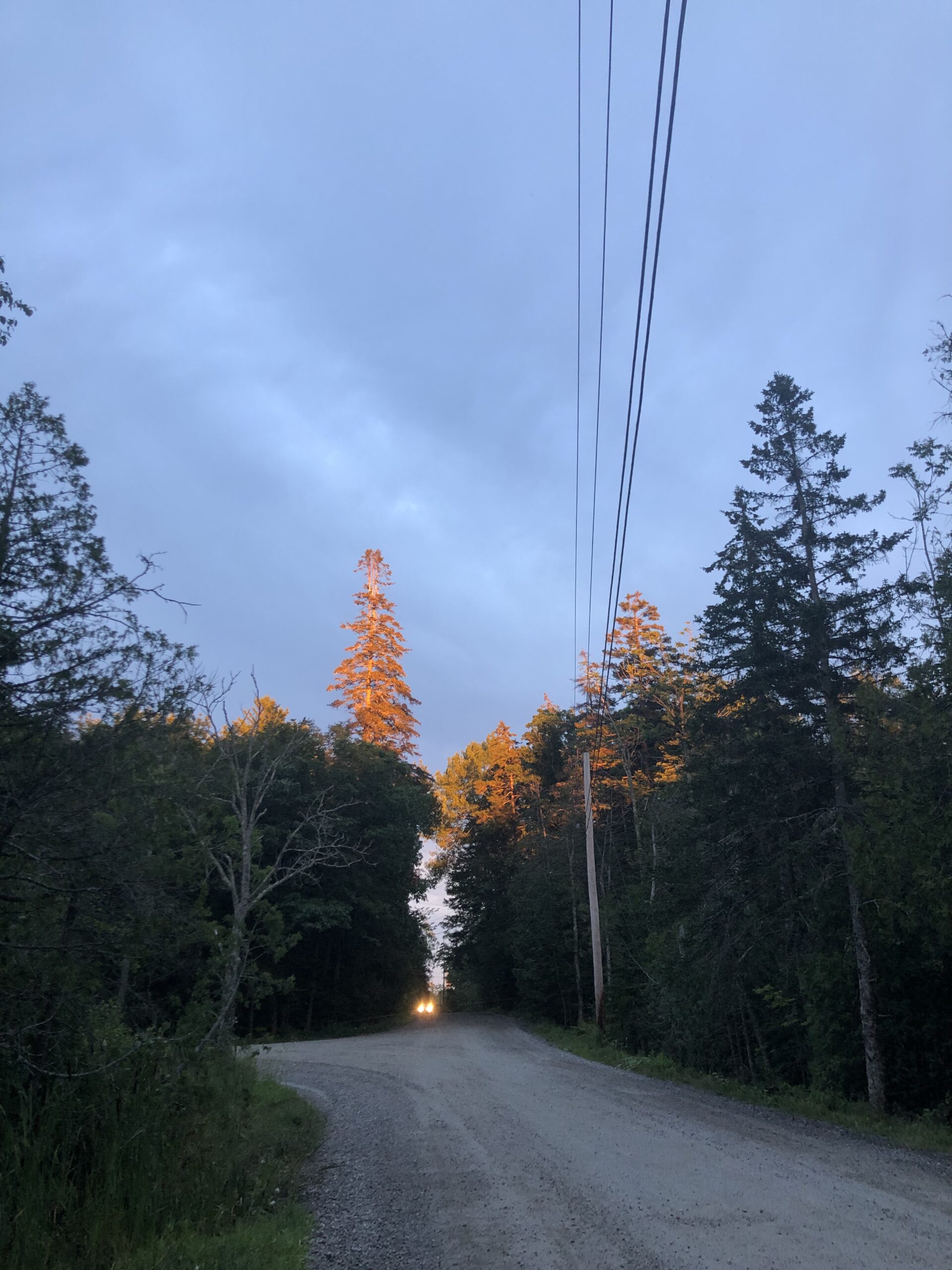By ROBERT BAGG
We go through life regretting our mistakes.
One savage quip that can’t be taken back,
one breach of a friend’s trust is all it takes
to wrench a lifelong friendship out of whack.
Some people have an enviable knack
for sensing when abruptly rising stakes
demand they steer a colleague back on track,
defend a friend when he’s under attack,
or better, shut that damn fool up, for godsakes,
before he makes another brainless crack—
the kind a smirking frenemy makes
whispering at a party, behind your back.
We go through life repenting our mistakes,
lamenting every virtue that we lack,
enduring unrelenting conscience-quakes.
We can’t avoid reliving our mistakes.
One flashback to our youth is all it takes
to summon all its nightmare moments back,
a raucous chorus that calumniates
us, when our children, friends, and soul mates
gather around us—an accusatory pack
whose fiery glare, without a word, creates
a Hell that aches and sears and flagellates.
Robert Bagg has published six books of poetry and nine translations of Sophocles and Euripides (staged worldwide). His Oedipus the King and Antigone are in The Norton Anthology of World Literature. Let Us Watch Richard Wilbur: A Biographical Study, coauthored with his wife, Mary Bagg, is out in February 2017.




